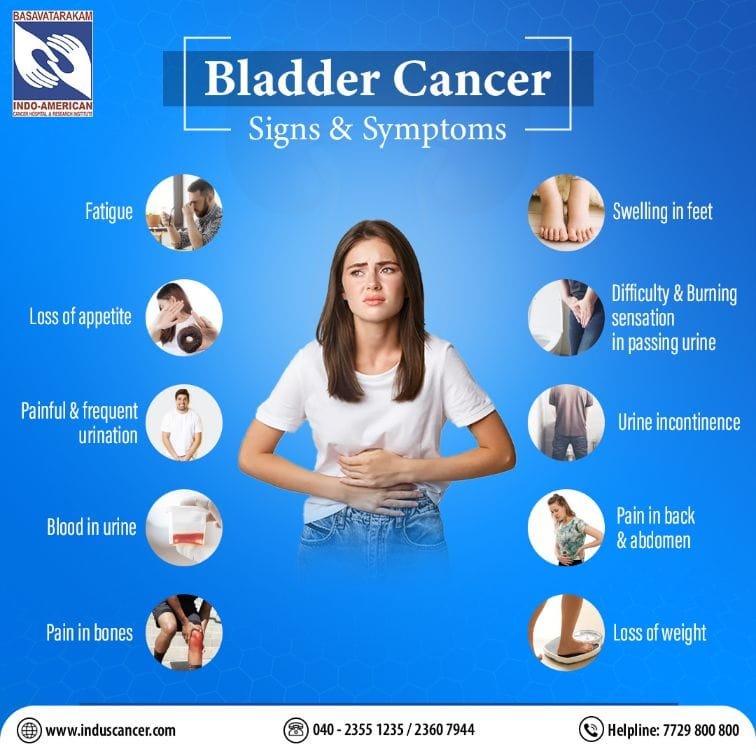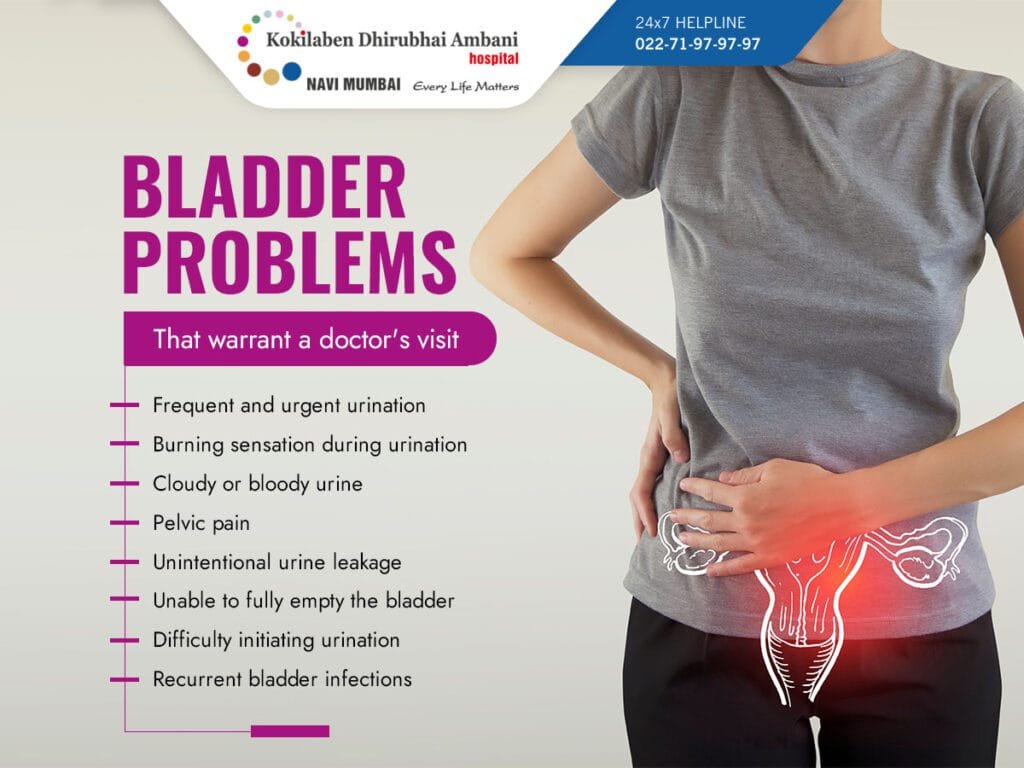Table of Contents

Introduction
Bladder Shrinkage. As we age, changes in the body are noticeable; one common concern is bladder health.
A question that is frequently asked is: Does the bladder shrink as we age? While it does not literally “shrink,” age-related changes can occur in the bladder in terms of capacity and functionality. The article looks at bladder health, aging, and practical steps that will prevent or mitigate these changes, keeping your bladder healthy as you age.
What Happens to the Bladder with Age?
The bladder is a muscular organ that stores urine. And as we age, these changes do not necessarily reflect a shrinking in size but actually indicate a function and potential capacity decline of the bladder.
Decreased Bladder Capacity:
The bladder can usually hold 16-20 ounces of urine. With age, though, it cannot stretch and store as much urine as it used to. This means that there will be a greater frequency of visits to the bathroom, especially at night, also known as nocturia.
Weakened Muscles:
The muscles of the bladder and pelvic floor become weak, leading to reduced control over urination. This may cause leaks or an inability to fully empty the bladder.
Changes in Nerve Signals:
Aging impacts the nerves that govern the bladder, and this causes conditions such as overactive bladder or urgency incontinence.
Higher Chances of UTIs:
An inefficient bladder can retain urine, which may provide a perfect environment for urinary tract infections (UTIs).
Can These Changes Be Prevented?
Age-related bladder changes are inevitable, but there are some things you can do to maintain your bladder health and prevent these changes from taking an extreme form.
1. Pelvic Muscle Strengthening
Engage in pelvic floor exercises, like Kegels, to strengthen the muscles that support the bladder. This will enhance control and minimize the chances of developing incontinence.
2. Hydrate
Popularly, it is believed that one should reduce the intake of water if one experiences frequent urination. However, hydration is essential to prevent irritation of the bladder and reduce the risk of UTIs. One should take approximately 6-8 glasses of water a day.
3. Avoid Bladder Irritants
Certain foods and drinks, like caffeine, alcohol, spicy foods, and artificial sweeteners, can irritate the bladder. Reducing their intake can improve bladder health.
4. Practice Good Bathroom Habits
Avoid holding urine for long periods.
Empty the bladder completely to reduce the risk of infection.
Maintain a regular schedule for bathroom visits.
5. Manage Weight Excess
weight puts pressure on the bladder and pelvic floor muscles, thereby increasing the risk of incontinence. Keeping a healthy weight reduces the pressure.
6. Consult a doctor
If you find persistent changes in your bladder function, consult a doctor. He can detect underlying conditions such as urinary retention, overactive bladder, or prostate issues in men.
FAQs Regarding Bladder Shrinking and Aging

1. Does the bladder literally shrink as we age?
No, the bladder does not contract physiologically. However, functional ability may be compromised due to diminished strength and elasticity of the muscle.
2. What are the typical symptoms of the aging bladder?
More urination, especially at night, urgency, leaks, and incomplete emptying of the bladder are common complaints.
3. How to prevent bladder shrinkage or loss of capacity?
Healthy lifestyle with regular exercise on pelvic floor, adequate hydration, diet, and weight management.
4. Does drinking less water reduce frequent urination?
No, drinking less can concentrate your urine, irritating the bladder and potentially worsening symptoms. Balanced hydration is key.
5. Are bladder issues inevitable with aging?
Not necessarily. While age increases the risk of bladder changes, healthy habits can prevent or significantly delay these issues.
6. Can medications help with bladder health?
Yes, drugs such as anticholinergics or beta-3 agonists may be useful for the treatment of overactive bladder. Consult a physician for specific recommendations.
Bladder Health: Bottom Line

Decline in bladder capacity with age is natural but not inevitable. By adopting healthy lifestyle practices, staying informed, and seeking medical guidance when necessary, you can maintain good bladder function and prevent complications.
Take proactive steps toward your bladder. Regular follow-up checkups, an excellent diet, and maintenance of pelvic health will pay great dividends, and your aging process will not defeat your quality of life.
You have probably wondered for years whether your bladder can get better. Well, take heart: It’s never too late to take a step.
With these strategies and a watchful eye on your body, you will be able to keep your bladder healthy and lead a more comfortable, worry-free life.



